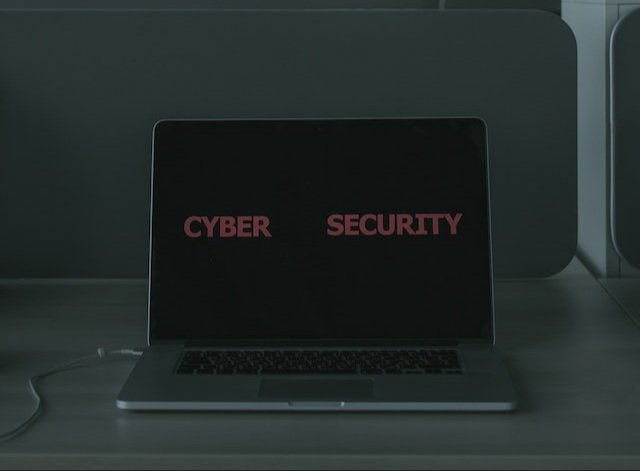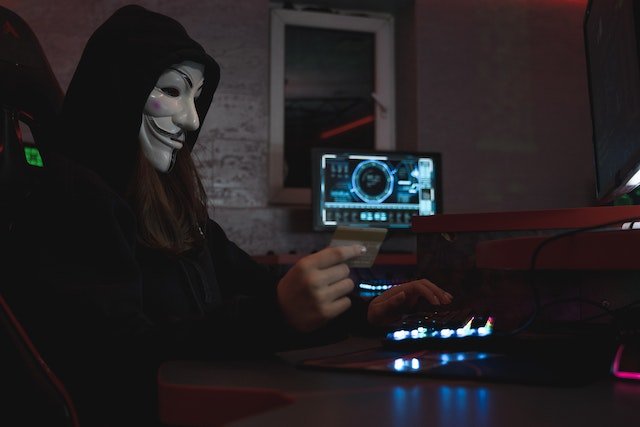Security Consciousness In The Digital World: Tips
As the world gets more advanced digitally, so also are cyber threats and other digital attacks increasing at an exponential rate. Even in the crypto space, a lot of people have had their wallets compromised and their assets stolen by bad actors as a result of security breaches and the likes. This is the reason one needs to take the issue of security with all seriousness and take certain precautions to make their online presence secured. Here, we shall take a look as some tips that can improve one's security consciousness in this our digital world.

1. Passwording
For everything that requires password that you do online, you need to get a different password from the one you have been using. This is because using only one password for all your sign-ins will predispose you to risk. Of course, if one of the passwords gets compromised, the bad actor can simply use it for other of your accounts. But if you have a different password for each account, then even if one is sniffed, it will not affect others. More so, you have to use strong passwords and avoid easily-guessed ones like consecutive numbers (1111, 1234, etc). This is so that you will prevent people from guessing your password.
2. 2FA
This stands for "two-factor authentication." In addition to using a strong password, there is also a need to you to implement the use of 2FA for sensitive accounts like your crypto wallets, etc. By doing this, before access can be gained into such accounts, one has to input both the password and the authentication (maybe sent via sms, email, or any of the authenticators like Google authenticator, Authy, etc). The truth is that you cannot be too careful when using passwords, and of course, there are programs that can crack through one's password, so use 2FA.
3. Don't click on random links
When surfing the web, there are times that a pop-up may come up and may appeal to you for clicks, this may be harmful, so do not click on just any link that you see, to avoid phishing attack. Some of these scammers are so sophisticated that they can model their scammy websites and weblinks to look like the real ones. So before you click on any link, especially in relation to your crypto activities, you have to run your own research. It is a good practice to bookmark the websites that you visit very frequently, so as to avoid mistaking a scammy one for it. More so, try not to divulge your sensitive information (like seed-phrase, mnemonics, keystroke, etc) online.

4. Use trusted antivirus softwares
Undertaking your online activities without an antivirus installed in your system is already a risk on its own. There are some malwares that if they infect your system, they will sniff in user data, passwords, and pass it on to an unauthorized user which may use them to wreck havoc on you. To limit the likelihood of this kind of occurrence, you need to get an antivirus on your system and also update them regularly. In addition to updating the antivirus, you also need to update your operating system and other necessary software, because some of them come with security patches to beef-up your security against new threats.
5. Use secured Internet connection
There are places that provide free wifi and anybody can just come and tap network. However, some of these places may not provide secured data connection and your details may be sniffed into through the connection. This is why you have to make use of secured connection. You can also use VPN (Virtual Private Network) on your system to mask your IP and keep you safer. Also remember to use encryption protocols when creating a mobile hotspot for your network.
6. Undertake regular backup of your data
A few years back, a particular system that I was using had a software error and in order to correct it, the system needed to be formatted. After formatting, the entire information I had in the system was gone, including some keyphrases that I saved. However, I was not bothered because I normally back up my data, so I was safe. There are many devices you can use for backup; you can use external hard drive, flash drive, optical discs, cloud storage, etc. If any attack happens to the main data, like in the case of ransonware attack (which can erode your data or deny you access to it), you can easily retrieve them from your backup.
Whatever you do online, you have to be security conscious. I will conclude with these words that a friend once said:
Trust no one and be safe.
Thanks for reading

